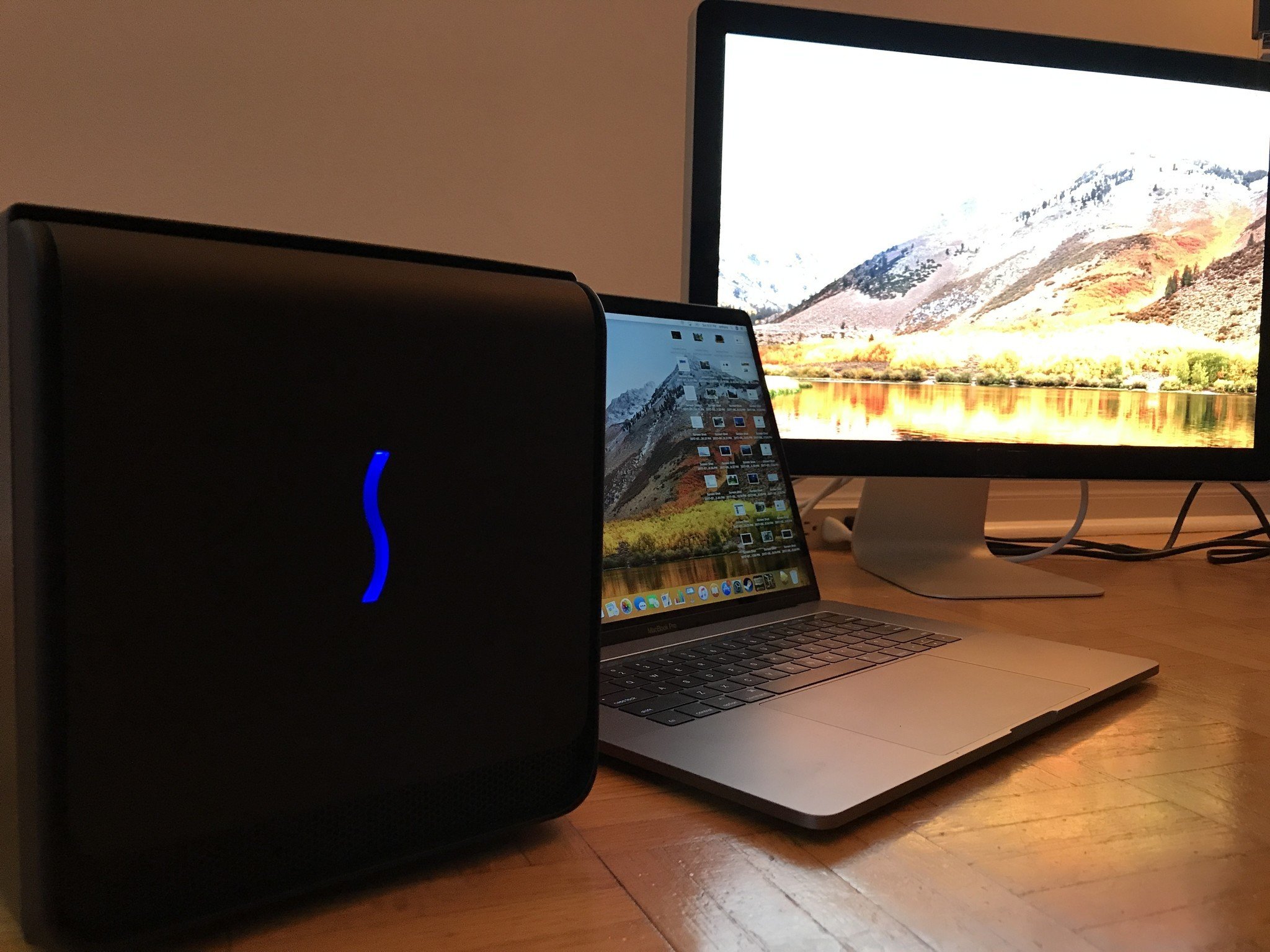'Don't assume a discrete GPU means better performance,' says Apple

iMore offers spot-on advice and guidance from our team of experts, with decades of Apple device experience to lean on. Learn more with iMore!
You are now subscribed
Your newsletter sign-up was successful
What you need to know
- Apple announced the switch from Intel chips last month.
- The company has already shown how well Shadow of the Tomb Raider ran when emulated using Rosetta 2.
- And text in an Apple document has suggested that third-party discrete graphics cards won't be any faster than built-in solutions.
Apple announced that it was switch to its own chips and away from Intel last month after years of speculation. Part of that transition means the company is offering Rosetta 2 as a way for x86 code to run on Apple silicon and we've already seen that it runs well. But does that mean that discrete graphics cards are no longer needed?
Maybe.
As Gizmodo discusses, Apple has already told developers that its use of a tile-based deferred renderer (TBDR) might mean that discrete graphics just aren't needed.
TBDR captures the entire scene before it starts to render it, splitting it up into multiple small regions, or tiles, that get processed separately, so it processes information pretty fast and doesn't require a lot of memory bandwidth. From there, the architecture won't actually render the scene until it rejects any and all occluded pixels.
Gizmodo posits that might be why Apple has said that developers shouldn't "assume a discrete GPU means better performance," and it might have a point. By removing the need for a power-hungry GPU, at least for most people and most tasks, Apple could offer great performance without killing battery life and drawing globs of power.
Apple hasn't explicitly said that discrete GPUs won't be part of the Mac's future, but it does seem to be pointing away from them at the very least.
iMore offers spot-on advice and guidance from our team of experts, with decades of Apple device experience to lean on. Learn more with iMore!

Oliver Haslam has written about Apple and the wider technology business for more than a decade with bylines on How-To Geek, PC Mag, iDownloadBlog, and many more. He has also been published in print for Macworld, including cover stories. At iMore, Oliver is involved in daily news coverage and, not being short of opinions, has been known to 'explain' those thoughts in more detail, too.
Having grown up using PCs and spending far too much money on graphics card and flashy RAM, Oliver switched to the Mac with a G5 iMac and hasn't looked back. Since then he's seen the growth of the smartphone world, backed by iPhone, and new product categories come and go. Current expertise includes iOS, macOS, streaming services, and pretty much anything that has a battery or plugs into a wall. Oliver also covers mobile gaming for iMore, with Apple Arcade a particular focus. He's been gaming since the Atari 2600 days and still struggles to comprehend the fact he can play console quality titles on his pocket computer.
